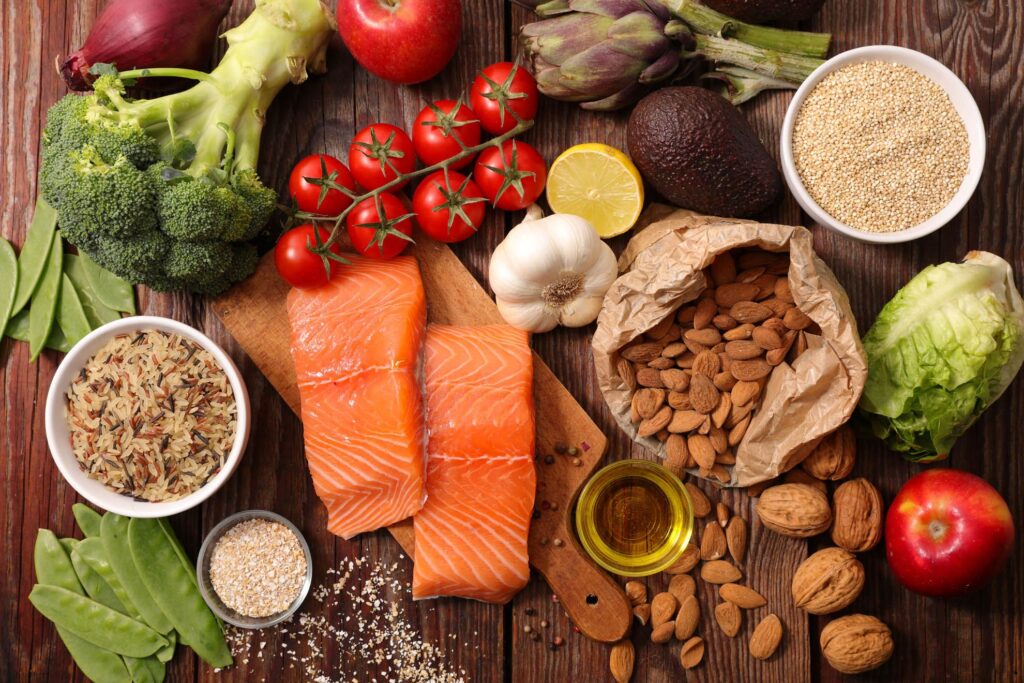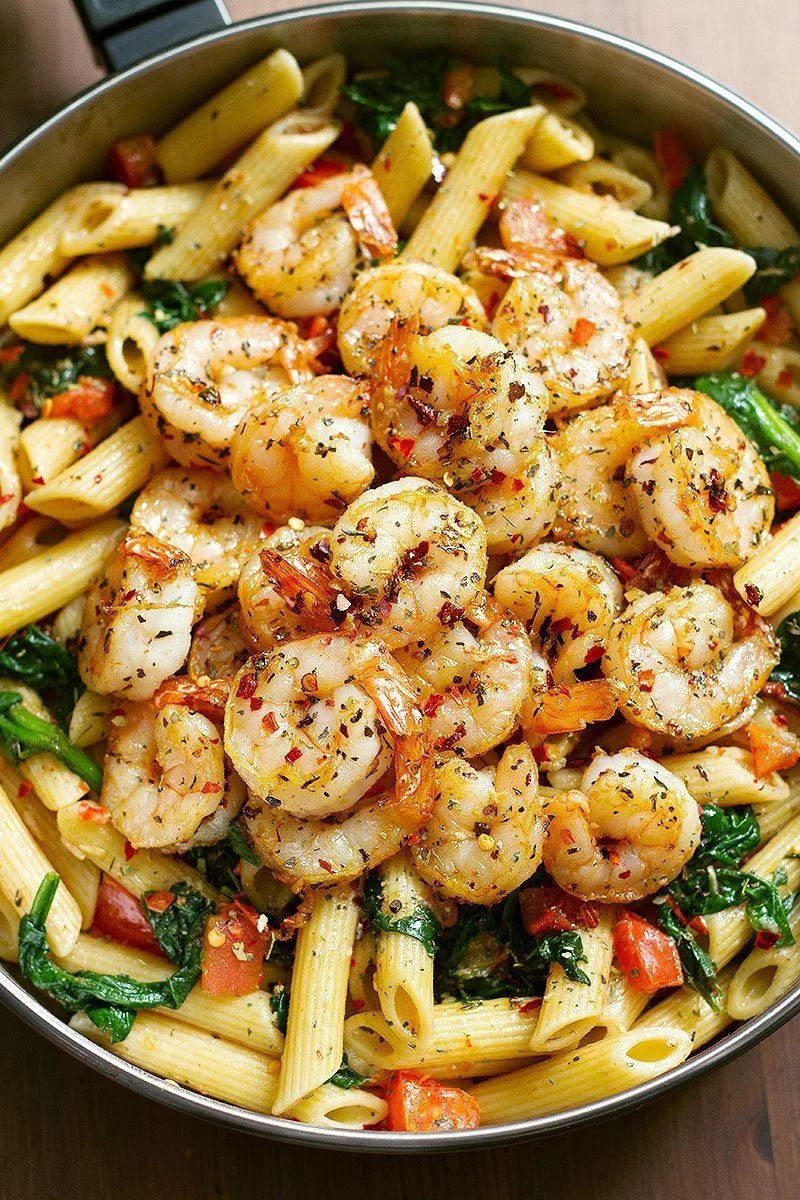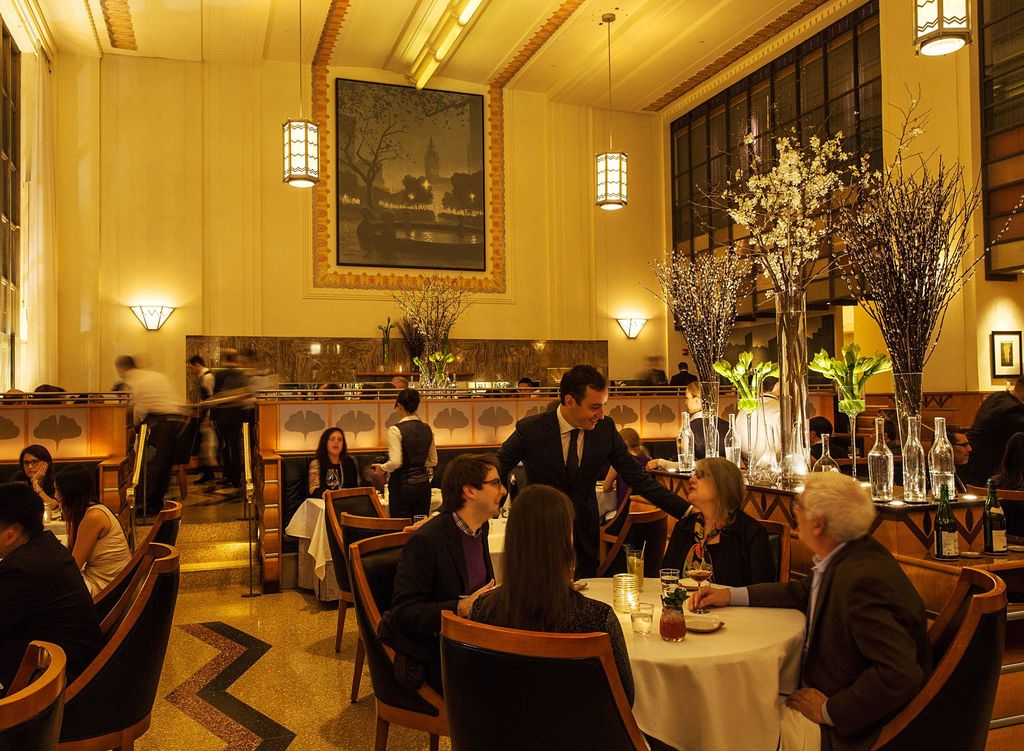
In a significant reversal that reverberates through the global fine dining landscape, Eleven Madison Park, a New York City culinary landmark and former recipient of the coveted title of the world’s No. 1 restaurant, has announced its decision to reintroduce meat and seafood to its menu. This strategic shift comes after a four-year period during which the acclaimed establishment operated exclusively as a vegan restaurant, a bold move that had garnered headlines worldwide and reshaped perceptions of haute cuisine.
Chef Daniel Humm, the visionary behind Eleven Madison Park, confirmed the impending change, signaling an end to the restaurant’s singular focus on plant-based fare. Diners can anticipate the return of familiar favorites, including the much-celebrated honey-lavender-glazed duck, as the establishment prepares to open its doors to a broader spectrum of culinary preferences.
It was in May 2021 that Eleven Madison Park emerged from its prolonged pandemic shutdown with a radical new mission. Humm, a Swiss-born chef, had then articulated a profound conviction, stating that the “current food system is simply not sustainable,” thereby committing his Michelin three-star establishment to an entirely plant-based culinary journey.
This decision positioned Eleven Madison Park as the world’s only Michelin three-star vegan restaurant, a distinction it held with considerable pride. The team, as Humm recounted, felt “liberated and cracked open,” embarking on a creative exploration that yielded a “new culinary language.”
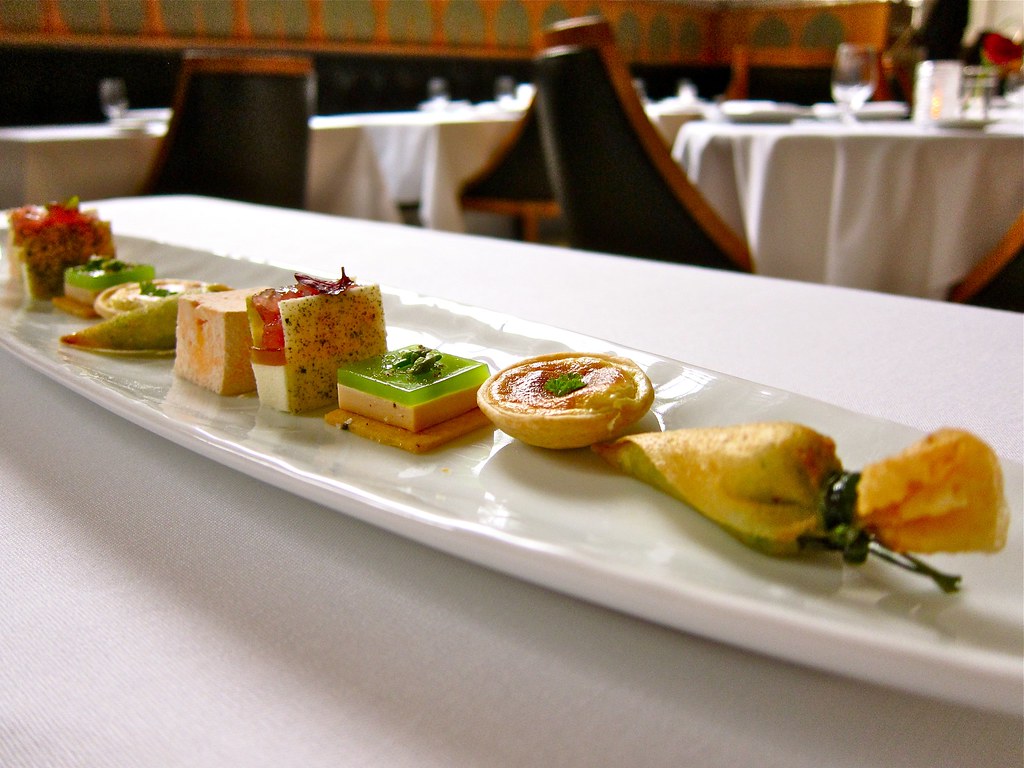
This innovative language included unexpected delights such as mille-feuille crafted without butter, meringue prepared without eggs, and a variety of dairy alternatives like almond-milk ricotta and whipped cashew cream. The kitchen also experimented with unique ingredients, including sunflower butter, koji stocks, and even a novel creation dubbed “land caviar,” drawing inspiration from previously overlooked food cultures.
Indeed, the restaurant’s dedication to its plant-based ethos extended to launching its own ‘Magic Farms’ upstate, reinforcing its commitment to sourcing and sustainability. The achievement of becoming the first restaurant globally to earn three Michelin stars for an entirely plant-based menu in 2022 was a momentous validation, with Humm describing the feeling as “walking on water.
However, the journey was not without its complexities and challenges. While the plant-based mission was lauded by some, it also encountered a degree of friction and criticism. Fellow Michelin three-star dining destinations in New York City, such as Le Bernardin, had reopened much earlier in the wake of the Covid-19 pandemic.
Eleven Madison Park’s delayed reopening, coupled with its drastic menu change, led to various “hiccups.” An unflattering review published in The New York Times, authored by the newspaper’s then-food critic Pete Wells, highlighted some of these initial difficulties.

Wells, in his review, pointedly observed that “Beets aren’t very good at pretending to be meat, but their ability to taste like beets is unrivaled.” Another critic famously roasted a beet dish, describing its taste as akin to “lemon Pledge,” underscoring the mixed reception to some of the plant-based creations.
Beyond critical reviews, reports emerged of staff turmoil, and the restaurant made the decision to reinstate tipping, effectively leading to higher prices for diners. Perhaps most controversially, the Times review revealed that the restaurant’s private dining room continued to offer beef at the time, a fact that caused considerable “consternation.
This revelation not only appeared to contradict the very ethos of the new plant-based menu but also foreshadowed a significant financial reality that would ultimately compel Humm to rethink the all-vegan approach. The private dining room, as Humm later explained, represents an “important revenue stream,” one that had experienced a noticeable decline since the vegan menu was instituted.
“It’s hard to get 30 people for a corporate dinner to come to a plant-based restaurant,” Humm candidly told The Times, articulating a key financial impetus behind the menu revision. This difficulty in securing large group bookings for private events had significantly impacted the restaurant’s profitability.

Furthermore, the restaurant observed a notable nose-dive in wine sales. As Humm acknowledged, “For wine aficionados, grand cru goes with meat,” indicating that the absence of animal proteins had dampened enthusiasm among wine connoisseurs, a crucial segment for a fine dining establishment.
Four years after his initial bold declaration, Chef Humm’s change of heart is not rooted in a belief that the global food system has suddenly become sustainable. Instead, it is a pragmatic decision driven by the imperative to re-engage a broader customer base and ensure the restaurant’s long-term viability.
“I very much believed in the all-in approach, but I didn’t realize that we would exclude people,” Humm openly confessed. He acknowledged the internal “anxiety” about being perceived as a “hypocrite” but maintained that “the best way to continue to champion plant-based cooking is to let everyone participate around the table.”
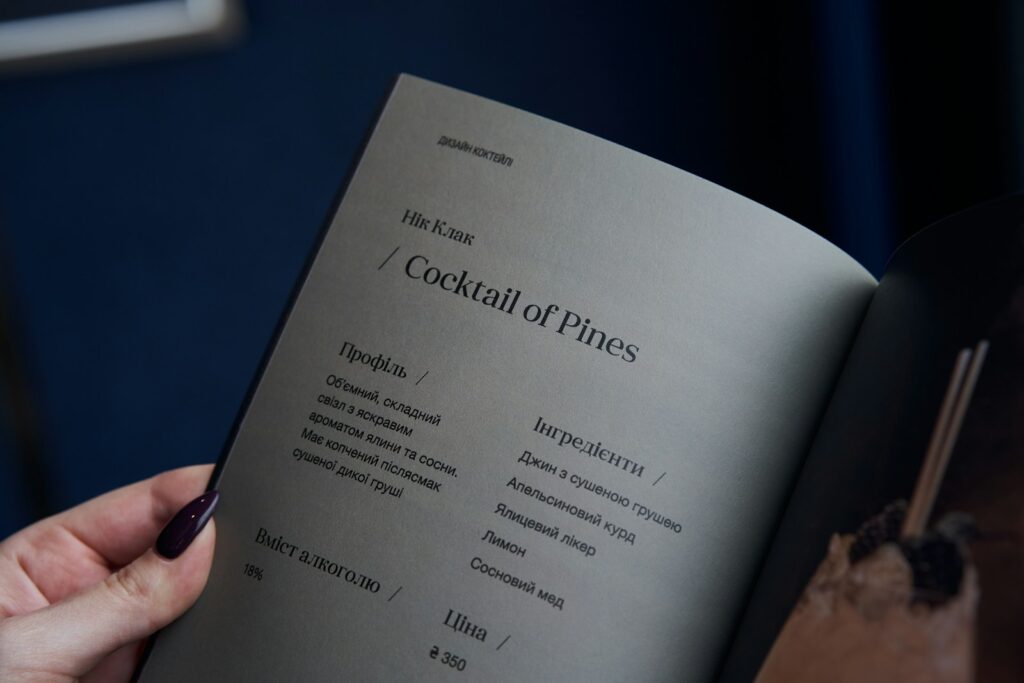
This sentiment underscores a core belief in hospitality that Humm felt was being compromised. He articulated in a statement on the restaurant’s website that “it became clear that while we had built something meaningful, we had also unintentionally kept people out. This is the opposite of what we believe hospitality to be.”
He further explained that the “all-or-nothing approach was necessary to develop our expertise, but that too, comes with its own limitations.” As a chef, Humm emphasized his desire to “continue to open paths, not close them,” signaling a return to a more inclusive culinary philosophy.
Unsurprisingly, the announcement of the menu change has elicited strong reactions, particularly from the vegan community. Vegan diners have been “sounding off” on social media platforms, expressing deep disappointment and frustration with what they perceive as a “backtrack.

One commenter on Instagram articulated a common sentiment, writing, “This is so disappointing… maybe it was never about animals and compassion, but fashion and headlines.” Another graphically conveyed disapproval by posting a GIF of Patrick Star from SpongeBob SquarePants booing Mr. Krabs.
Lily Adams, who had traveled from Nevada with her husband Peter specifically to dine at Eleven Madison Park as a vegan and vegetarian couple, expressed profound anger. “We’re absolutely pissed off. We came halfway across the country just to eat here,” she stated, highlighting the extent of their disappointment upon discovering the change.
Ms. Adams deemed the decision “the epitome of hypocrisy,” especially given that they had already paid for their reservation, which cost “about $250 or something for a five-course menu for two people, it’s $225, each I mean.” Her frustration encapsulated the feelings of many who felt betrayed by the restaurant’s pivot.
Gene Baur, the president and co-founder of the advocacy group Farm Sanctuary, voiced his disappointment to The Post. While acknowledging the legitimacy of financial concerns, he found the “exclusion excuse” unconvincing, stating, “The interests of the animals are not being included.”

Baur added that because Eleven Madison Park had made such a prominent public statement regarding its vegan commitment, its reversal “feels a little bit more upsetting than it than if it wasn’t so widely discussed.” This sentiment resonated with many who had viewed the restaurant as an inspirational beacon for plant-based fine dining.
Social media platforms became a battleground for further criticism. One user sarcastically wrote, “So good to hear climate change and animal ethics have been solved and we can focus on the most important moral issue: maximizing profit.” Another poignant comment read: “Yesterday, you were the owner of the world’s most famous vegan restaurant. An inspiration. Somewhere vegans could aspire to visit for special birthdays and special occasions. Today, you are the owner of just another restaurant. I fell for your act. I thought you cared. You didn’t.”
Despite these strong reactions, Eleven Madison Park continued to rack up accolades and maintain its Michelin stars during its vegan phase. However, as Humm noted, the “fish-less flood dried up this year,” referring to the decline in bookings, particularly for private events.
Looking ahead, the restaurant’s meat, seafood, and the renowned honey-lavender-glazed duck are scheduled to make their return to the menu on October 14. Reservations for the reimagined Eleven Madison Park became available on September 1, indicating a structured approach to the transition.
Crucially, the restaurant will continue to offer a fully plant-based menu option, ensuring that vegan guests can still experience its culinary artistry. However, patrons are advised that the fixed $365 price for the multi-course meal will apply whether they choose the plant-based selections or include animal products, maintaining a consistent pricing structure across options.
The upcoming menu update promises a “harmonious blend” of plant-based dishes alongside select animal protein options, including fish, shellfish, and poultry. The cocktail and pastry programs, in line with their recent identity, will remain entirely plant-based, preserving the innovative spirit that defined Eleven Madison Park’s recent culinary identity.
Three main tasting menus will be offered beginning mid-October: a Full Tasting Menu, an eight- to nine-course experience priced at $365 per guest; a 5-Course Menu, a shorter version highlighting select dishes for $285 per guest; and a Bar Tasting Menu, a more casual four- to five-course option available in the lounge for $225 per guest.

Eleven Madison Park’s history dates back to 2001, when it was initially opened by Danny Meyer’s Union Square Hospitality Group. Located within an historic Art Deco building overlooking Madison Park, it quickly established itself as a high-end New York-style dining room, celebrated for its exquisite cuisine under Chef Kerry Heffernan, as well as its sophisticated service and comprehensive wine list.
Meyer later hired Daniel Humm, who continued to elevate the restaurant’s prestige. Subsequently, Meyer sold the restaurant to Humm and his then-partner (and former general manager) Will Guidara. Guidara, who departed in 2019, had introduced various attempts to tone down the restaurant’s formality, including novelties like pouring clams onto newspaper or having captains perform card tricks at the table.
The restaurant’s journey, from its pre-vegan opulence to its plant-based pioneering and now its reintegration of animal proteins, reflects the dynamic and often challenging nature of the restaurant industry. It underscores a continuous process of adaptation, particularly in a segment as demanding as fine dining.

Humm’s decision also aligns, perhaps inadvertently, with broader cultural trends observed across American society. A burgeoning “protein obsession” is sweeping the nation, evident in everything from fortified cereals to specialized workout drinks. This widespread focus on protein intake, fueled by movements like “Make America Healthy Again” and diets encouraged by medications like Ozempic, underscores a prevailing consumer preference that Eleven Madison Park is now poised to address.
While Humm did not explicitly cite health trends as a reason for his shift, his nod to “financial incentives,” particularly regarding business clientele, indicates a keen awareness of market demands. The return of meat to the menu will likely attract a segment of corporate diners and enthusiasts who prioritize diverse protein options.
As Eleven Madison Park embarks on this new chapter, its commitment to quality and hospitality remains paramount. The restaurant’s team continues its passion for crafting extraordinary meals, meticulously sourcing ingredients, and supporting local farmers through partnerships like ‘Magic Farms,’ ensuring a narrative that extends “from soil to plate.”
The evolution of Eleven Madison Park under Chef Daniel Humm is a testament to the complex interplay of culinary innovation, economic realities, and the evolving expectations of diners. It represents not a retreat from principles, but a strategic redefinition of inclusivity, aiming to create a dining environment where “everyone feels welcome around the table.”
This iconic New York City culinary landmark, through its latest transformation, invites both loyal patrons and new visitors to explore an exciting blend of culinary traditions and modern innovations. It promises an experience that is as memorable for its artistry and flavors as it is for its elegant setting, continuing its legacy as a benchmark for exceptional dining.


